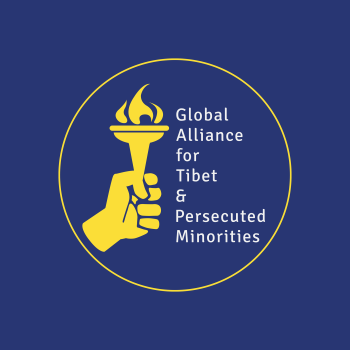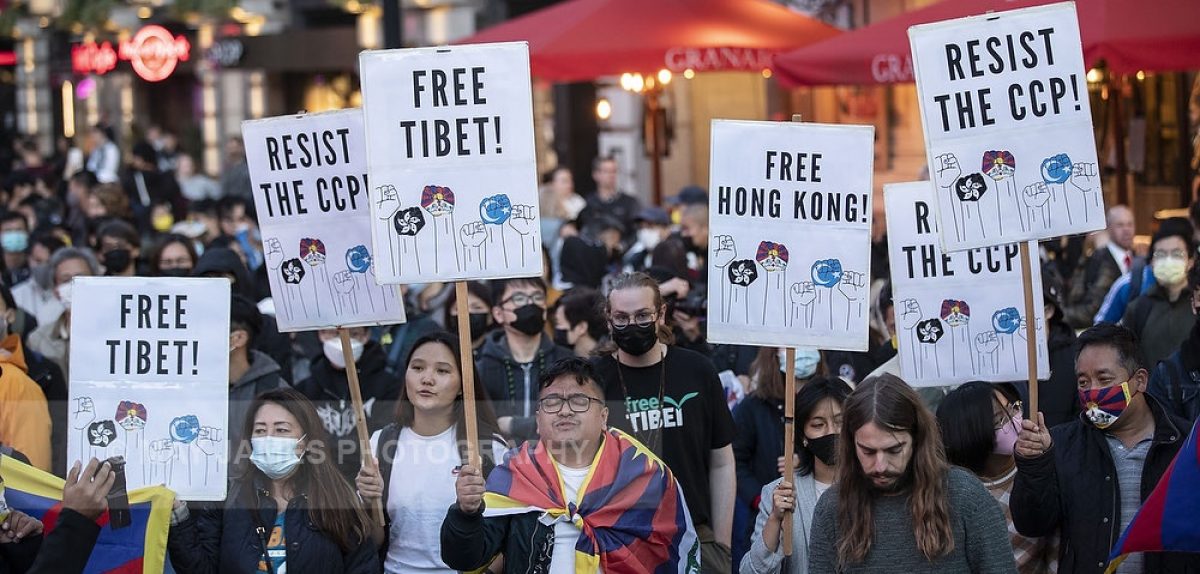By Tsering Passang
Today, on May 17, 2024, millions of Tibetan Buddhists worldwide are marking the 29th anniversary of China’s enforced disappearance of Gedhun Choekyi Nyima, His Serenity the 11th Panchen Lama of Tibet. Protests are being held in towns and cities across the globe, calling on the Chinese authorities to end the state persecution of Buddhists in China’s occupied Tibet.
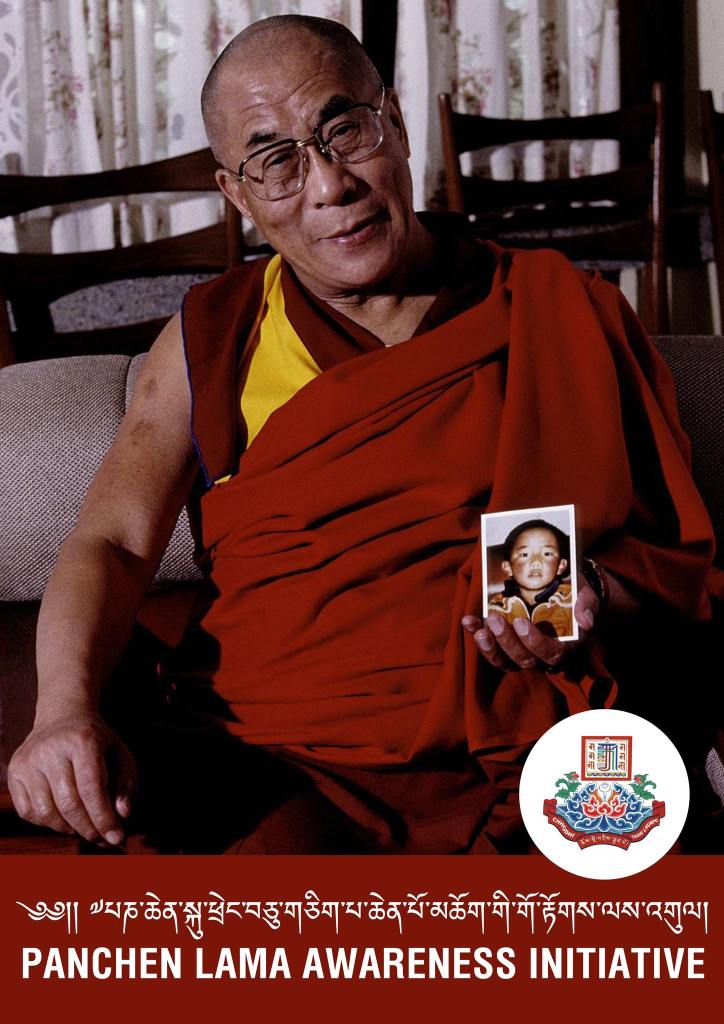
Gedhun Choekyi Nyima, recognised as the reincarnation of the previous 10th Panchen Lama by His Holiness the Dalai Lama in accordance with Tibetan Buddhist tradition, vanished at the tender age of six in 1995, along with his family and a prominent Tibetan Buddhist master.
Born on April 25, 1989, Gedhun Choekyi Nyima’s public recognition by the Dalai Lama on May 14, 1995, was swiftly followed by his mysterious disappearance on May 17 of the same year. Alongside him vanished his parents and Venerable Jadrel Rinpoche, the Head of Tashi Lhunpo Monastery in Shigatse, Tibet, who was secretly in contact with the Dalai Lama regarding the search for the 11th Panchen Lama. Venerable Jadrel Rinpoche had been appointed by the Chinese Government to lead the Panchen Lama Search Committee.
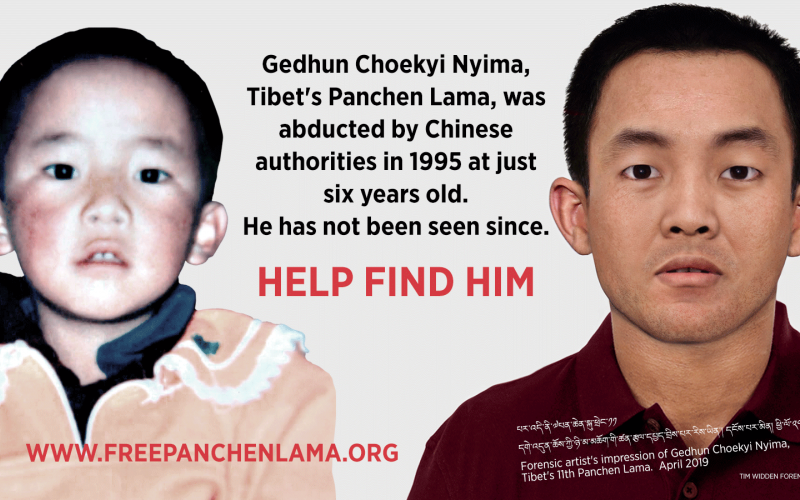
China subsequently announced its own candidate, Gyaincain Norbu, as the 11th Panchen Lama, causing widespread skepticism and concern among Tibetans, who view Beijing’s involvement in their ancient religious tradition as politically motivated.
For Tibetan Buddhists, Gedhun Choekyi Nyima, recognised by the Dalai Lama, remains the legitimate reincarnation of the previous Panchen Lama. However, despite persistent requests for information, his whereabouts remain unknown to all except Chinese authorities. At the time of his disappearance, Gedhun Choekyi Nyima became the world’s youngest political prisoner.
The unresolved fate of the 10th Panchen Lama, who passed away under mysterious circumstances in 1989, also weighs heavily on the minds of Tibetans. Many suspect foul play by Chinese authorities, further deepening distrust and resentment.
The significance of the Panchen Lama in Tibetan society cannot be overstated. Successive Panchen Lamas have played vital roles in both the spiritual and temporal spheres of Tibetan life. Tashi Lhunpo Monastery, founded in 1447, serves as the traditional seat of the Panchen Lama, symbolising the historical and cultural importance of this lineage.
The 10th Panchen Lama made significant contributions to the Tibetan people’s welfare, particularly during the turbulent period following China’s occupation of Tibet. Despite initial collaboration with Chinese authorities, including roles in political committees, the 10th Panchen Lama later courageously criticised Communist Party policies in Tibet, documenting his findings in the famous 70,000-character petition.
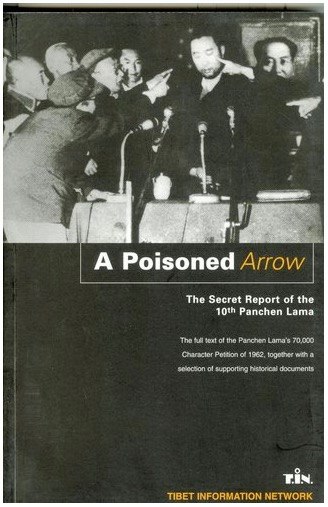
This petition, a comprehensive indictment of Chinese policies in Tibet, remains a poignant reminder of the Panchen Lama’s unwavering commitment to his people’s well-being. Despite facing persecution, imprisonment, and public humiliation, he continued to advocate for Tibetan rights and cultural preservation.
The Chinese government’s interference in Tibetan religious affairs, exemplified by its manipulation of the Panchen Lama selection process, represents a blatant violation of religious freedom. By appointing its own candidate, Beijing seeks to control the Tibetan Buddhist hierarchy for political ends, undermining the spiritual authority of recognised leaders like the Dalai Lama and the legitimate Panchen Lama.
In light of these ongoing injustices, the international community, including nations like India, the United Kingdom and the United States, must continue to stand in solidarity with the Tibetan people. Upholding religious freedom and respecting Tibetan cultural heritage are essential principles that transcend geopolitical interests.
India, with its rich cultural heritage and historical ties to Tibet, can play a pivotal role in advocating for Tibetan rights and promoting dialogue between Tibetans and Chinese authorities. By supporting the Dalai Lama and the Tibetan community, India reaffirms its commitment to justice, peace, and the preservation of diverse religious traditions.
Tsering Passang, human rights activist, is the founder and chair of the Global for Tibet & Persecuted Minorities. He can be reached via www.Tsamtruk.com / @Tsamtruk (X / formerly twitter).
Venerable Ngakchen Rinpoche, Deputy Abbott and a senior Buddhist master at Tashi Lhunpo Monastery, south India, addressing at the Foreign Correspondents’ Club of South Asia in Delhi:
